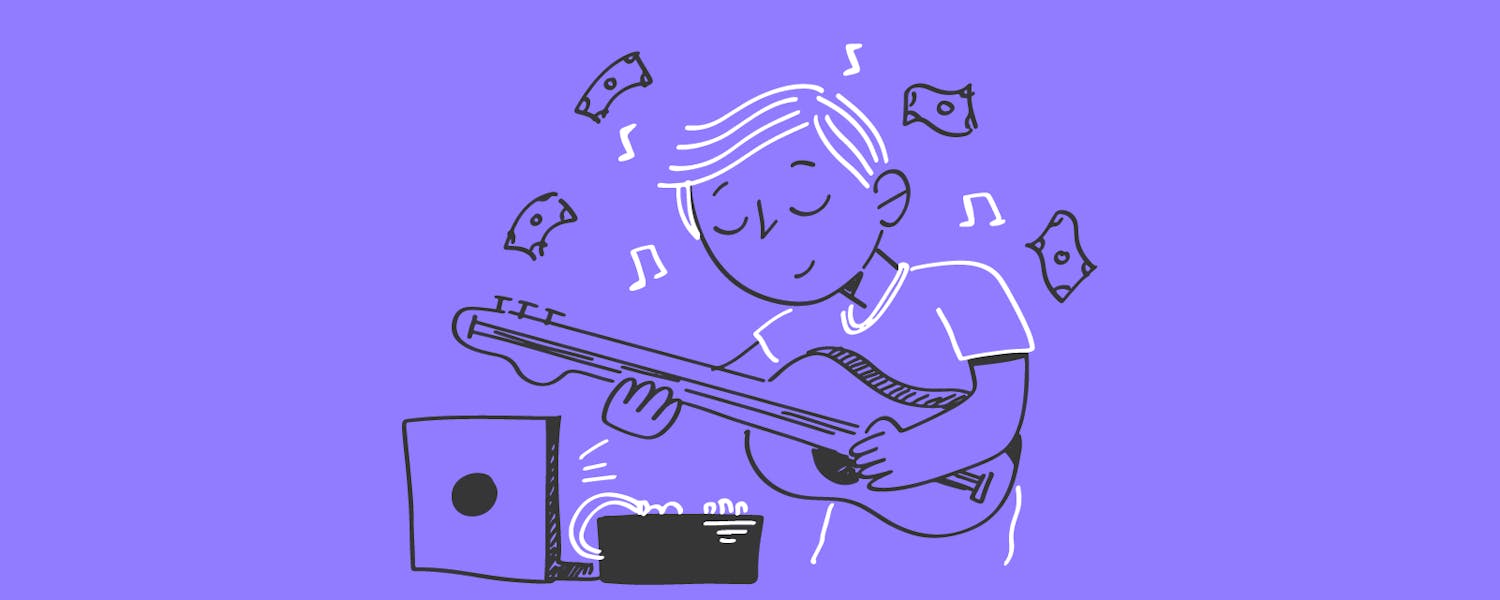The Meaning of Life... Insurance
Life insurance allows you to give to your loved ones when you die. It is the most selfless act of love.
You'll pay premiums for the policy, but the benefits pay off when you die or sometimes, even while alive, using the policy for living expenses.
What is Life Insurance, and Why is it Necessary?
You might wonder why you need life insurance. After you die, you will no longer have financial problems, right?
When you die, you will leave behind family members and people who depend on you financially who will no longer have your income to support them.
By purchasing life insurance, you’ll ensure your loved ones will have the financial protection they need to continue living the life they're used to while grieving their loss.
Envato/rfaizal707
Who Needs Life Insurance?
You might wonder if you need life insurance, but the short answer is everyone does! This is because no one lives forever, and everyone leaves behind some type of liability or people who are dependent on them.
As you get older and more financially secure, you may not need as high of a death benefit, especially if your house and cars are paid off and you don't have children living at home.
Still, everyone can benefit from permanent life insurance.
Common Terms You Should Understand
When shopping for life insurance, there are a few terms you should understand:
- Policy – This is what you invest in and what dictates the terms of your coverage. You'll receive policy documents stating the death benefit, any riders, and additional information loved ones need to file a claim.
- Policyholder – The policyholder is the person insured, a.k.a. the person who bought the policy.
- Beneficiary – This is the person or people you name to receive your benefits when you die.
- Premium – The bill you pay monthly to have the insurance is the premium. You may pay the premiums monthly or semi-annually.
- Cash value – Some policies have a cash value, which means a part of your premium is saved or invested, depending on the policy, for later use, usually when you're older.
- Death benefit – The money your loved ones would receive when you die is the death benefit. It's usually a lump sum that is tax-free.
Envato/Rawpixel
Common Life Insurance Policies
There are many life insurance policies to consider, including the following:
- Term life insurance – This policy has a specific term, such as 10 – 30 years. If you die within that time, your loved ones receive the death benefit (payout). But if you're alive at the end of the term, the policy expires unless you renew it. Term life insurance is best for young families or anyone with a large amount of debt or number of dependents.
- Whole life insurance – This policy lasts for your 'whole life' or as long as you pay the premiums. It works like a death benefit term insurance, but it also has a cash value that gets a guaranteed rate of return. It's like a forced savings account.
- Universal life insurance – Many policies fall under universal life, each of which is a permanent life insurance policy. Unlike whole life, Universal Life’s cash value returns are based on the market's performance, and premiums may increase over time. You can also change coverage or use your cash value to pay your premiums.
- Variable life insurance – This policy has a death benefit and cash value tied to the bond or stock market. There's no guarantee of returns on your cash value, but it acts like a forced investment account, investing some of your premiums.
- Burial insurance – This policy covers your end-of-life expenses. It's usually a whole-life policy with maximum coverage of $25,000. This policy typically doesn't require a medical exam or a lot of underwriting, but it can be costly for its low coverage amount.
Envato/ijeab
How is Life Insurance and Life Assurance Different?
Many people confuse life insurance and life assurance, but they are different.
Life insurance is term life insurance. You buy a policy for a specific amount of time, and it expires.
So you insure a specific period in your life, such as when the kids are young and dependent on you or while you have a mortgage on the house.
On the other hand…
Life assurance is a permanent life insurance policy that covers you for your entire life .
Your loved ones may still receive a lump sum payment when you die, but the policy also has a cash value you can use to live on as you age.
Envato/Vladdeep
Can you Borrow Money from Your Life Insurance Policy?
Many life insurance policies allow you to borrow against them, but only those with a cash value.
If you borrow against your cash value policy, you don’t have to undergo underwriting, but you must pay the loan back.
If you don't repay the loan, the life insurance company will decrease your death benefit by the amount you owe. Then, when you die, your loved ones will receive your death benefit minus any amount you didn't repay.
Final Thoughts
Envato/JoPanwatD
Life insurance is essential for everyone, especially if people depend on you financially. While it might seem like another bill you don't want to deal with, your family will be grateful for the support when you die.
Term life insurance is usually the most affordable, but it expires. When you can afford permanent life insurance, consider protecting your loved ones and yourself, as you can use the cash balance for your living expenses as you age.
Life insurance is one of the smartest financial decisions to insure your life and protect your loved ones.
No one can predict what life will throw their way, but being protected financially is one of the best moves you can make.





